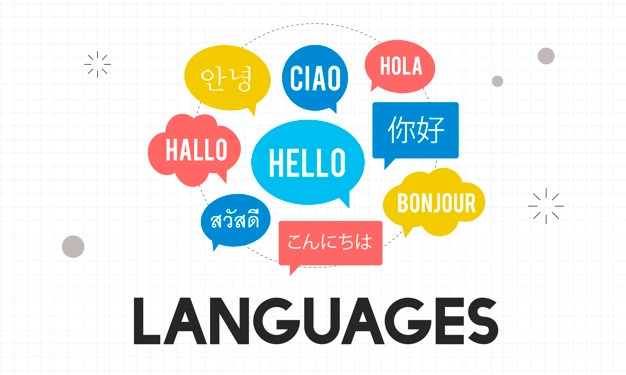Hardest Languages to Learn
March 8, 2019
At some point in our lives, all of us have had to learn a second language, whether it be taking a world language class in school, or just picking up a second language in our spare time. There are thousands of languages spoken around the world and most of us only know the mechanics of a few, which makes learning a new language a daunting task. However, not all languages are created equal, and for English speakers, some languages are a lot harder to learn than others. So if you are thinking about learning a new language, there are a few things you might consider before diving headfirst into some of the hardest languages to learn in the world.
- Mandarin
Even though Mandarin is the most widely spoken language in the world, it is far from the easiest language for non-native speakers to learn. Since Mandarin is a tonal language unlike English, every sound or character has four distinct pronunciations that all different in meaning and usage. Coupled with the fact that Mandarin has no alphabet, the only way to read and write the language is to memorize the thousands of characters that the language employs. Coupled with all of the “idioms and aphorisms picked up over the course of its long history, and Mandarin becomes arguably the most difficult language in the world for an English speaker to learn,” said Hugo Macedo of the Unbabel Blog. - Arabic
Arabic is also a very widely spoken language, particularly around the regions of the Middle East and North Africa. In Arabic, many letters are written in four different forms depending on where they are placed in a sentence. To make things even more difficult, the written and spoken language are different in the sense that the vowels are not included in writing, which makes translating between Arabic and English incredibly difficult. Furthermore, there are so many different dialects that the Arabic spoken in Egypt is different from the Arabic spoken in Saudi Arabia despite the fact they are very close geographically. - Hungarian
Unlike Mandarin and Arabic, Hungarian is more esoteric and around 99% of a mere 13 million speakers reside in Hungary. While English only has around four noun cases, Hungarian alone as 26 noun cases and that is only the beginning of its incredibly complex grammar rules. According to David Chislett, in Hungarian,“suffixes dictate tense and possession instead of the word order, which is how most European languages tackle the problem,” said Macedo. Hungarian is now infamous for being one of the most difficult languages to learn, and many Hungarian take great pride in their ability to speak it.
Of course, the road to mastering any language is long and arduous, but extremely rewarding as well. All languages are also difficult to learn in one way or another, given their idiosyncrasies and schematics, but some are just a little more difficult to tackle for many English speakers. Regardless, with hard work and determination, anything is possible, so just because a language is difficult, don’t let that deter you from learning it.
Graphic courtesy of FREEPIK.COM

